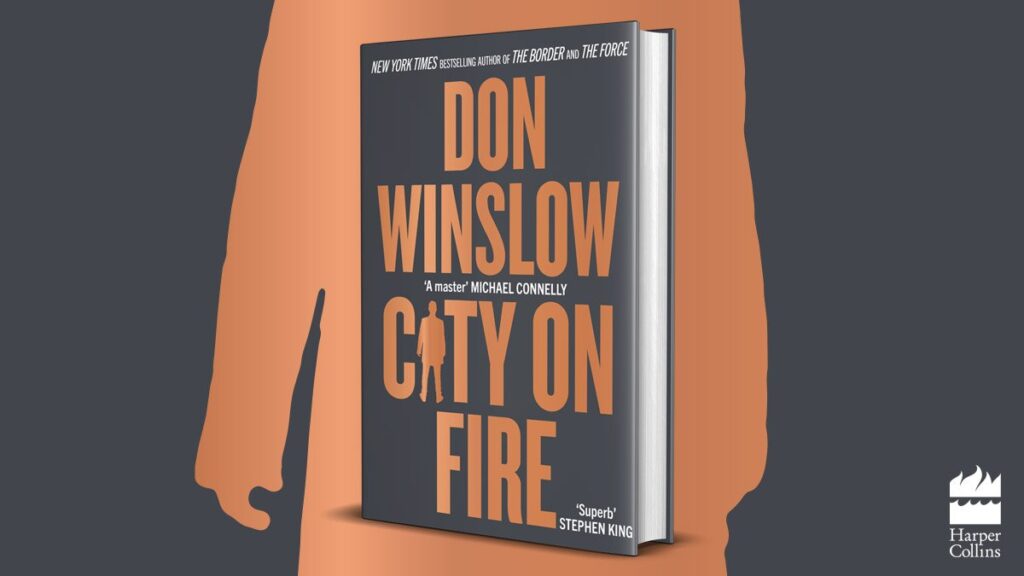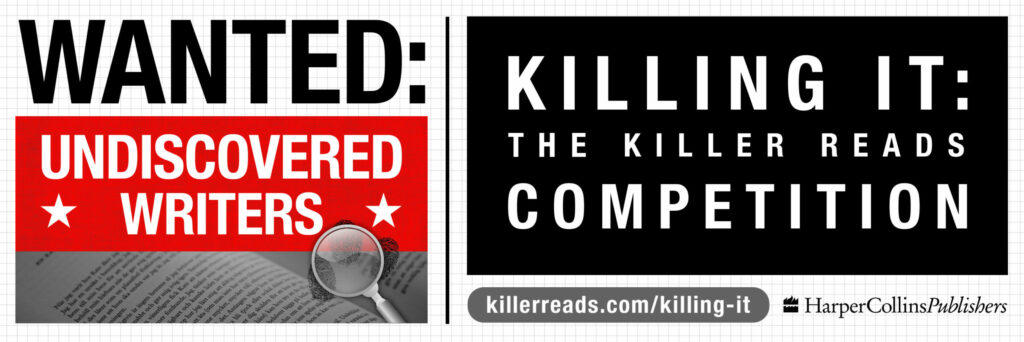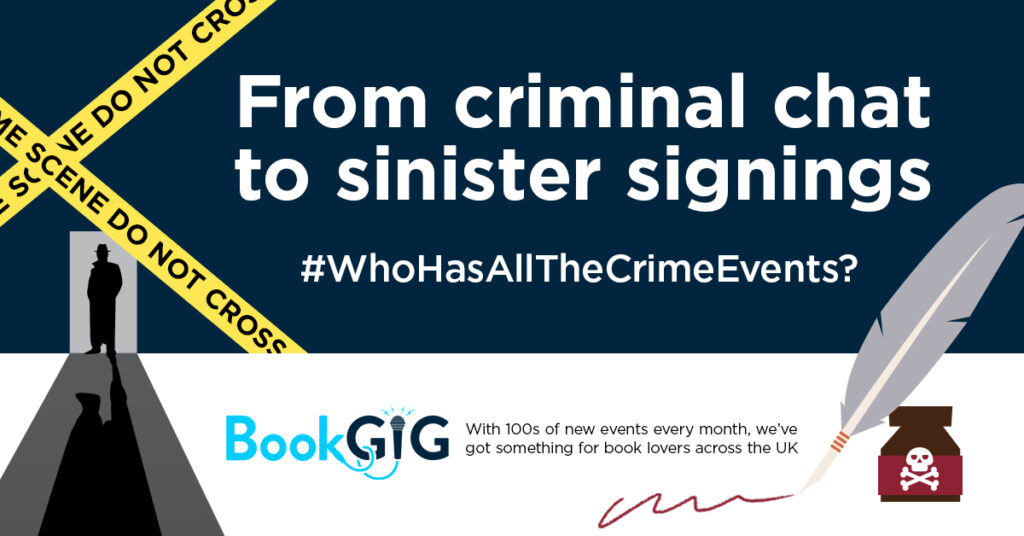Happy Publication Day to Will Adams, whose fifth novel, Newton’s Fire, is out now. Will was kind enough to share the inspiration behind his new novel in the following piece, sent to us from a remote outpost in the Canary Islands, where he is currently hard at work on his next book…
Back in 2003, a Canadian academic called Stephen Snobelen gave an interview to the Daily Telegraph to promote a new BBC documentary on Sir Isaac Newton. The interview was about a prediction Newton had made, gleaned from his study of the Bible, that the world would come to an end in the year 2060.
The story made the Telegraph’s front page, and immediately caused something of a stir. This was Newton, after all, Britain’s most iconic mathematician and scientist. So maybe there was something to it. Other papers and news organisations around the world quickly picked it up, and for a few days Newton’s 2060 prophecy became a global sensation, a hint of Armageddon in the air. But, as is the way of such things, people quickly forgot about it again.
The story stuck with me, however, perhaps because the journalist in question happened to be my elder brother Jonathan (to whom – along with his wife Sarah – Newton’s Fire is dedicated; while, incidentally, Stephen Snobelen was immensely helpful during its writing, not only suggesting multiple avenues of research but also giving me feedback on an early draft).
Newton’s end-time prophecies play an important role in the book. But in truth the thing that always fascinated me more about him was his obsession with alchemy. It baffled me that someone so obviously brilliant and perceptive could fail to see it for the fraud it was. It even upset me a little that he’d wasted all those prime years in a quest so obviously doomed to failure.
One of the great privileges of writing for a living is the opportunity it affords you to pick a subject that interests you and dive deeply into it. Diving into Newton’s alchemy, I soon discovered that I’d got it completely wrong. Perhaps that was because I’d always had a mental image of the philosopher’s stone as some kind a magical gem, and so I thought of alchemists as men in wizard’s robes muttering incantations over smoking flasks. But Newton’s alchemy wasn’t like that at all. It was, in fact, a rigorous and sophisticated investigation into the nature of matter, into how substances could be separated, combined or transformed. As a young man, he thought that magnetism held the key. Later on, however, he switched his attention to electricity.
I can’t go too much further into this without spoiling the plot, but this fact provided me with a way to link Newton’s alchemy not only to his biblical prophecies but also to his obsession with the Temple of Solomon. It allowed me to tie in his great friend, Sir Christopher Wren, and other notables of his era. Most of all, it gave me a way to explain how the apocalypse that Newton himself had predicted could indeed come about.
Only not in the year 2060.
No. It’s going to happen a lot sooner than that.




